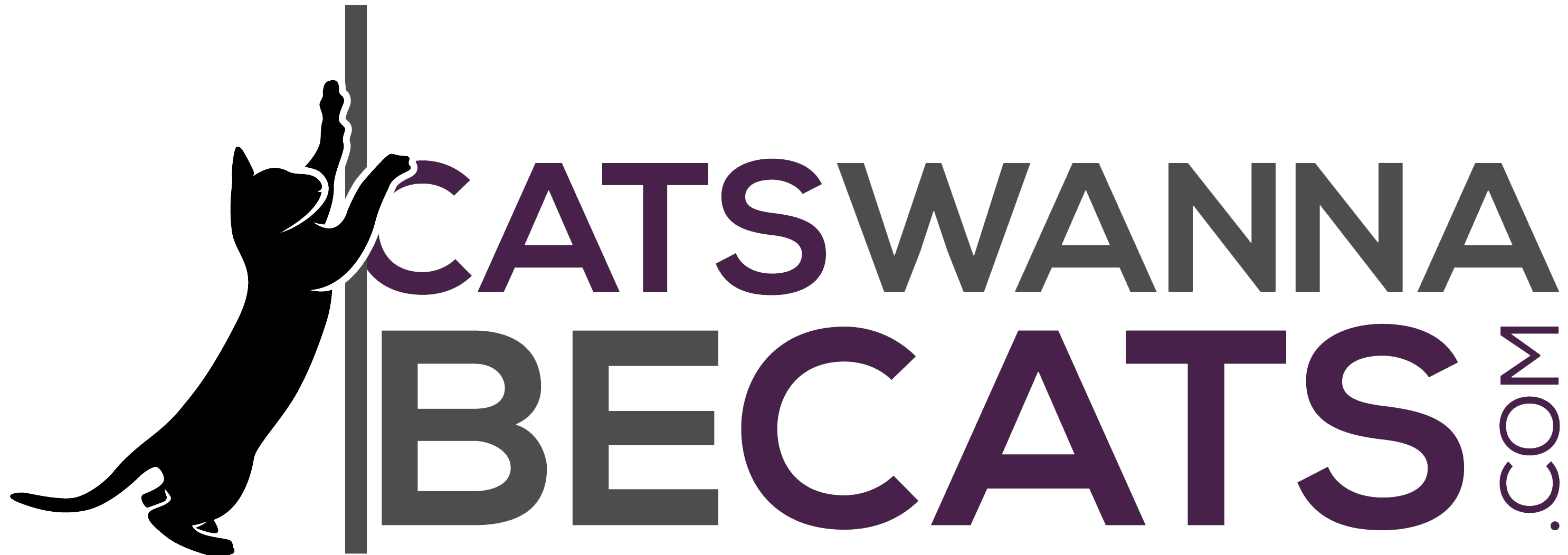-
Weiss Melendez posted an update 8 months, 1 week ago
In today’s swiftly changing business landscape, shielding your organization’s property, team members, and image has never been more important. With a rising range of risks, from tangible security incidents to digital assaults, finding the right match for your corporate security needs is crucial. Whether you are a small startup or a established business, having the suitable security team in place can make a notable contribution in ensuring safety and tranquility.
When it comes to recruiting corporate security, there are numerous considerations to take into account. From the certifications and expertise of the security personnel to the equipment and methods employed, comprehending what sets leading corporate security firms apart can be overwhelming. In this article, we will provide you with a detailed guide on what to consider in professional security services, essential characteristics that matter, and critical questions to ask potential providers. With the right information, you can make an intelligent decision and select the security partner that is most appropriate for your individual necessities.
Key Traits of Effective Corporate Security Firms
When seeking a corporate security firm, it’s crucial to assess their level of proficiency and expertise. Workplace employee violence that has a robust history of successfully managing security for organizations similar to yours can provide critical insights. Look for firms that have a demonstrated track record in managing various security challenges, as this shows their ability to adjust to diverse scenarios and environments. Knowledgeable providers are often better at assessing risks and executing effective solutions tailored to your individual needs.
Communication is another crucial trait to look for in a corporate security partner. Effective communication ensures that all stakeholders are aware and that any security concerns are quickly managed. A good security firm will prioritize clear communication not just within their team but also with your organization. They should be able to provide consistent updates and reports, encouraging a collaborative environment that enhances overall security protocols.
Finally, technological proficiency is essential in today’s developing security landscape. Leading corporate security firms allocate resources in the latest security technologies and training to ensure their teams are ready to handle modern threats. This includes familiarity with surveillance systems, access control technologies, and cybersecurity measures. A firm that welcomes innovation and stays informed on industry trends indicates a dedication to providing the highest level of security service to its clients.
Vital Questions for Engaging Security Services
As you evaluate a corporate security firm, it’s crucial to ask about their experience and skills in your specific industry. Query how long they have been operating and the types of clients they serve. Understanding their background can offer insight into whether they have handled with comparable challenges and environments as yours. Their experience often links with the ability to handle particular security concerns successfully.
Furthermore important area to explore is their strategy to risk assessment and threat management. Inquire how they evaluate potential vulnerabilities within your organization and what strategies they use to mitigate these risks. A comprehensive understanding of your security needs and an responsive strategy can make a considerable difference in the overall safety of your business.
Finally, consider discussing the firm’s dialogue and updates processes. How will they update you about security matters and incidents? A reliable security team should emphasize transparency and maintain direct paths of communication. Verifying how they will interact with your staff and provide frequent updates can help ensure that everyone is on the same page regarding safety protocols and responses.
Red Flags in Corporate Security Providers
When evaluating security companies, certain red flags can signal potential issues. A lack of openness is a serious red flag. If a provider is unwilling to share information about their operational procedures, fees, or employee qualifications, it may indicate they have something to obscure. Moreover, a pattern of negative feedback or negative reviews from previous clients can highlight their dependability and performance. Be wary if you find ongoing negative feedback regarding their professionalism.
Another alarming aspect to observe is the standard of professionalism among staff members. If Active shooter training display disheveled appearances, lack proper ID, or exhibit unprofessional behavior during evaluations, this can point to a larger systemic issue within the organization. Professionalism is important in security jobs, as it indicates a company’s obligation to maintaining a safe and professional environment. Poorly trained staff can lead to vulnerabilities that threaten your corporate safety.
Lastly, take note of a security provider’s stance to technological advancements and development. Security hazards are always evolving, and firms that do not invest in current technologies, such as advanced surveillance or control systems, may not be equipped to handle current issues. Providers that rely on old techniques may not emphasize the efficacy of their services. Determining their readiness to embrace new security solutions is crucial in picking a partner that can respond to evolving security needs.
